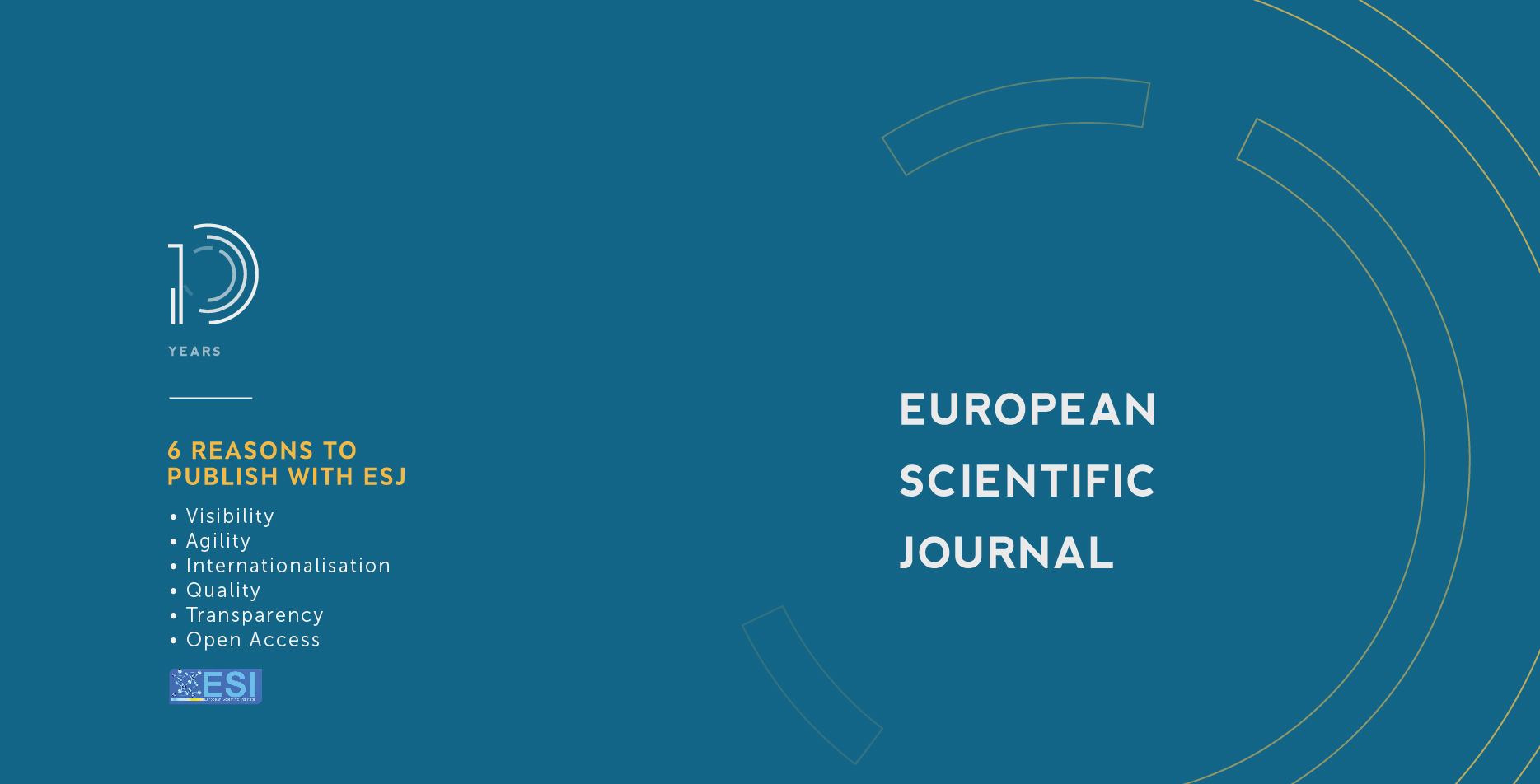Pre-Service Science Teachers’ Assessment of Supported Teaching in School
Abstract
Ghana is currently running a new teacher education program for the training of teachers at the pre-tertiary level. At the heart of the new national teacher education program is Supported Teaching in School (STS), the practical school-based component of the teacher education program embedded throughout the whole 4-years. The purpose of this study was to assess the impact of STS in pre-service teacher preparation and identify any possible challenges associated with the program. The study adopted qualitative a case study design, with the main instruments for data collection being interviews and documentary analysis. Data collection was done through individual and focus group interviews, and documentary analysis of Student Reflective Journals. Individual interviews were conducted for six pre-service science teachers and the focus group interview was made up of four pre-service teachers using the Ishikawa or fishbone tool. From the analysis of data done using “topological analysis,” it was revealed that supported teaching in school is impacting on the pre-service preparation in; real classroom exposure giving them firsthand experience of the classroom situation; lesson planning and delivery; teacher professionalism as the pre-service teachers now exposed to traits of the teaching profession and qualities of a good teacher; and classroom management for effective lesson delivery. Particular challenges such as mentor-mentee relationship, lack of proper planning, and insufficient time for observation were identified to militate against the program. It is recommended that, appropriate training and incentives should be given to the mentors to prepare them adequately for the program.
Downloads
PlumX Statistics
Copyright (c) 2021 Isaac Sonful Coffie, Nutifafa Godson Doe, Jonah Addai Tabi

This work is licensed under a Creative Commons Attribution-NonCommercial-NoDerivatives 4.0 International License.








